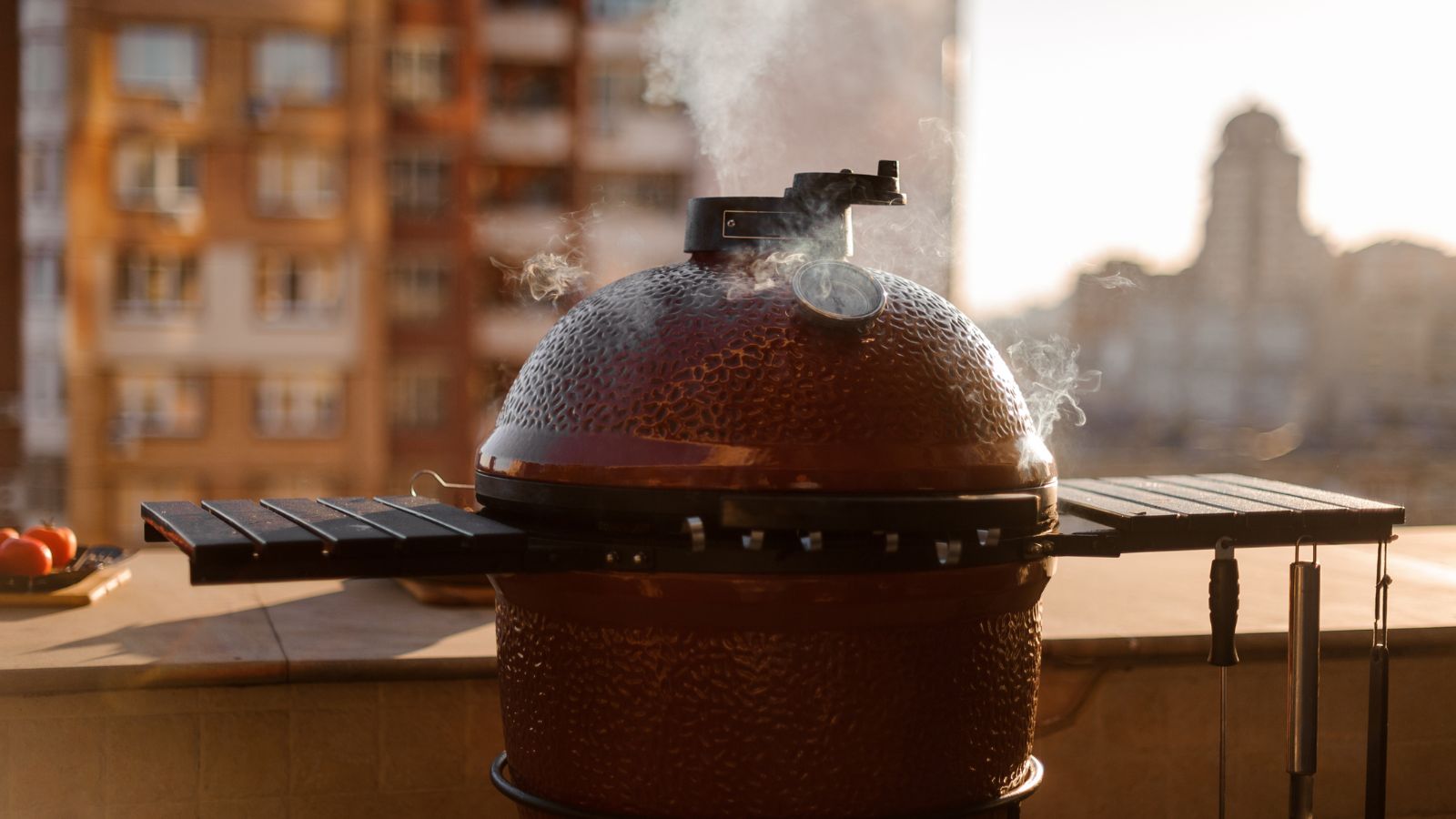
When I was a junior product tester fresh out of college, I was excited to get my first brief testing grills. Imagine it - a whole week of doing nothing but grilling. The first day, I spent a morning assembling a shiny row of grills, but when it came to cook my first test I realised I didn't have a scientific method to grilling. I'd grilled chicken a million times, sure, but I didn't know the actual science of grilling with the lid on or off.
Thankfully, after years of testing the best grills and talking to my sources in kitchens and barbecue pits around the country, I know the simple rule.
The golden rule is to think as though you're in a kitchen. If it feels like you'd bake your meal in a oven, grill with the lid on. If you'd fry it in a pan, then grill it with the lid off.
When should I grill with the lid closed?
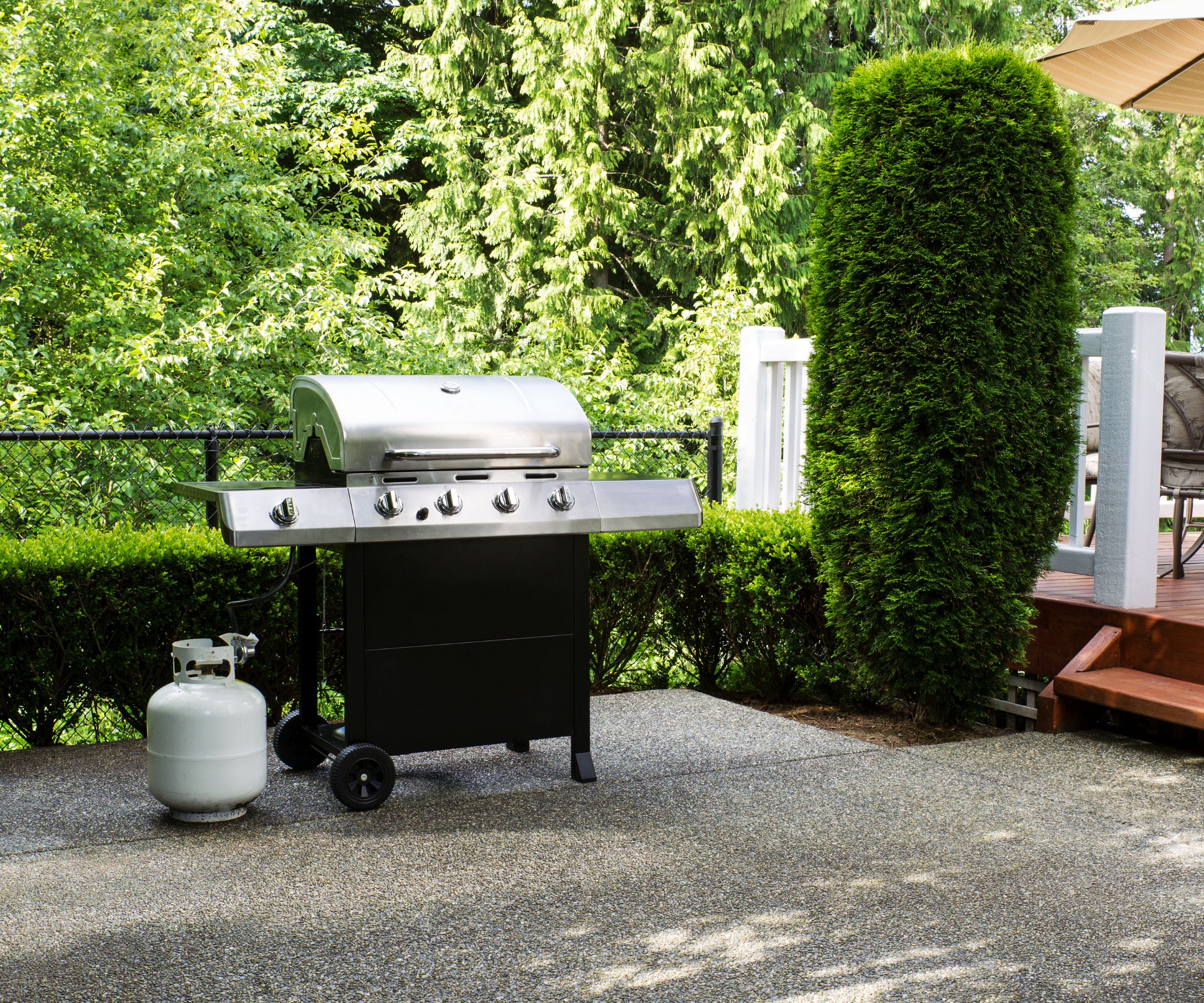
You should grill with the lid closed when you're cooking things that take more than half an hour. For example, a whole chicken needs around an hour to cook, so you should you cook it on indirect heat with the lid closed.
The reason you cook with the lid closed is so that you can create a sort of oven with the grill. Rather than letting all that hot air escape, you let it swirl around the top of your food, so you cook it from every direction rather than just from underneath.
This has the added bonus of trapping some of the moisture from your ingredients, stopping them from drying out and ensuring that whatever you're cooking is succulent.
Chef Alfredo Nogueira told me that 'I have a classic Weber kettle grill and I like to make a two zone set up where you have the coals on one side and nothing on the other. I will often cook a whole spatchcocked chicken or thick cut steak on the side that has no coals and put the lid on.'
When should I grill with the lid open?
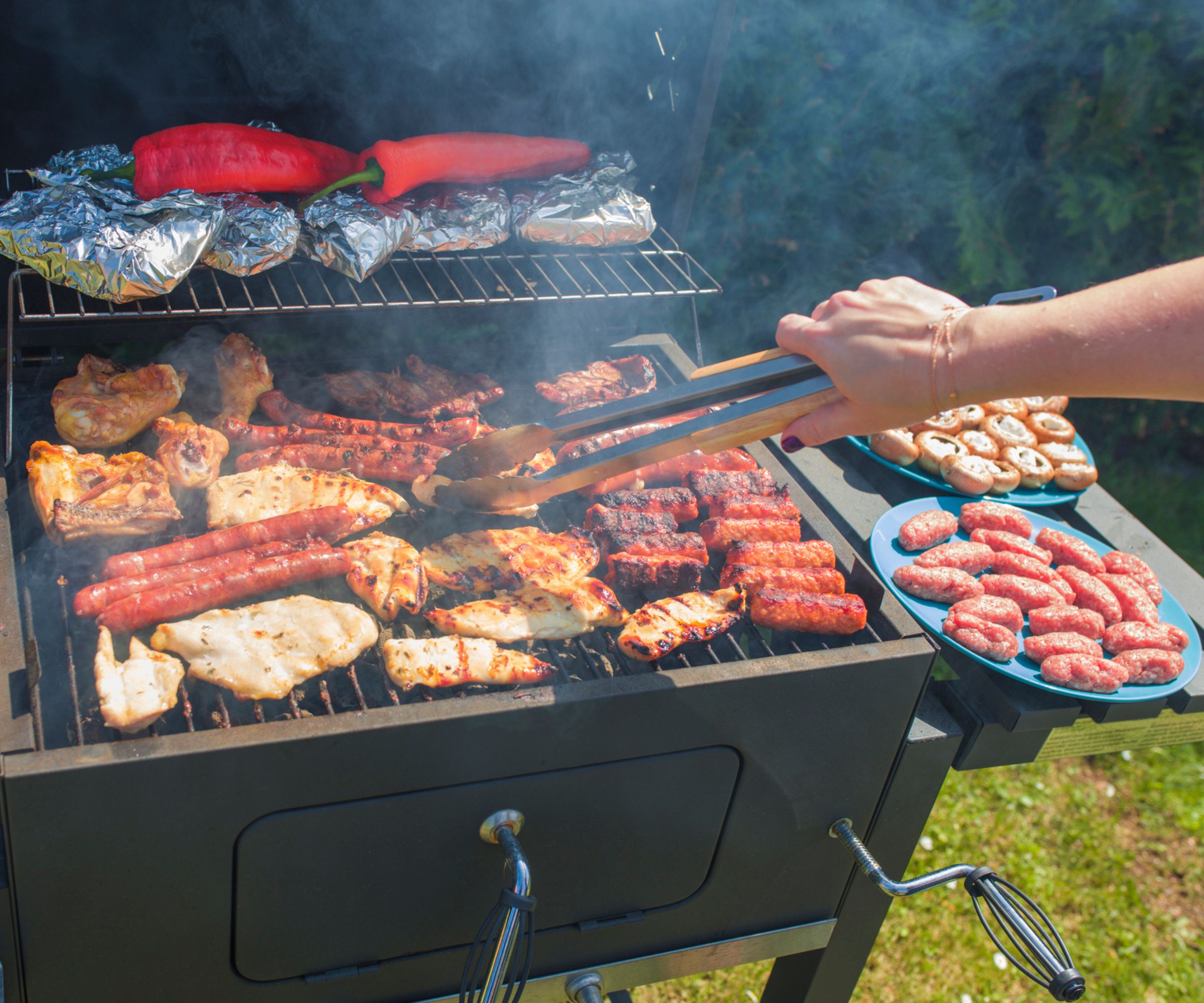
You should grill with the lid open when you're cooking quickly at high temperatures. This applies to your typical grill fare - beef burgers, brats, frankfurters, chicken legs, or vegetarian alternatives like halloumi, grilled asparagus, or vegetable kebabs.
This is because the most important part of grilling burgers and other fast-cooking foods is achieving a sear on the outside. A sear is the result of the 'Maillard reaction', which happens when meat is cooked with direct heat at temperatures above 280°F. This reaction is what creates rich, caramelized flavor in your food.
Because this temperature is so hot - and the reaction so fast - it's pointless to cook with with the lid closed. Burgers and other fast-cooking meals need turning every so often, so all you'd be doing is opening and closing the lid, which defeats the point of trapping air, moisture, and smoke. Grilling at this temperature will cook the insides of your food too, so there's no advantage to grilling with the lid closed.
Chef Alfredo Nogueira told me that 'You you should grill with the lid open when you are cooking directly over the fire. Think high heat and fast cooking that requires a watchful eye on whatever it is you are cooking, like thin burgers, shrimp, or blanched vegetables that you just want to get a little char on.'
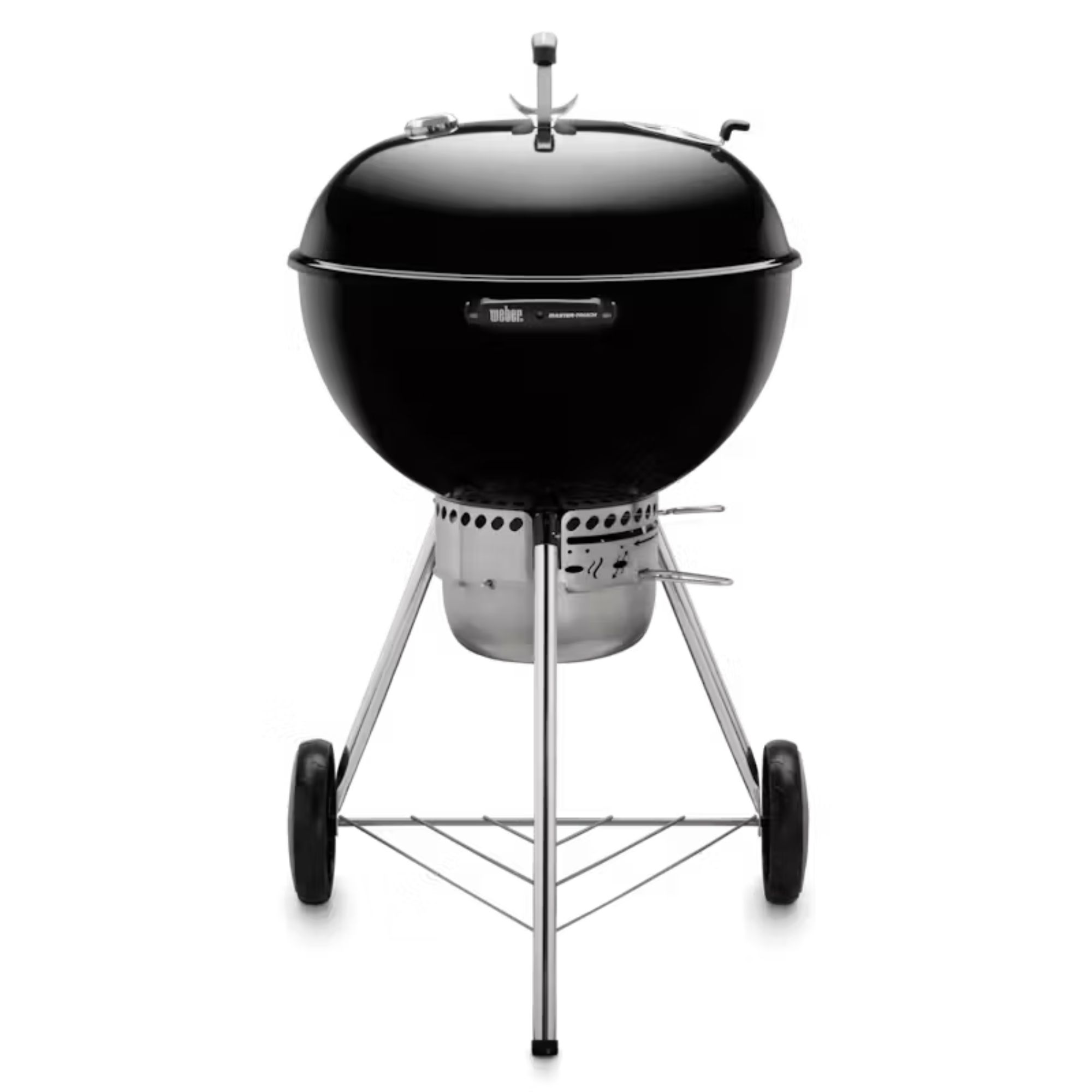
This is my favorite kettle grill. It's far from fancy but reaches blistering temperatures and makes delicious food.
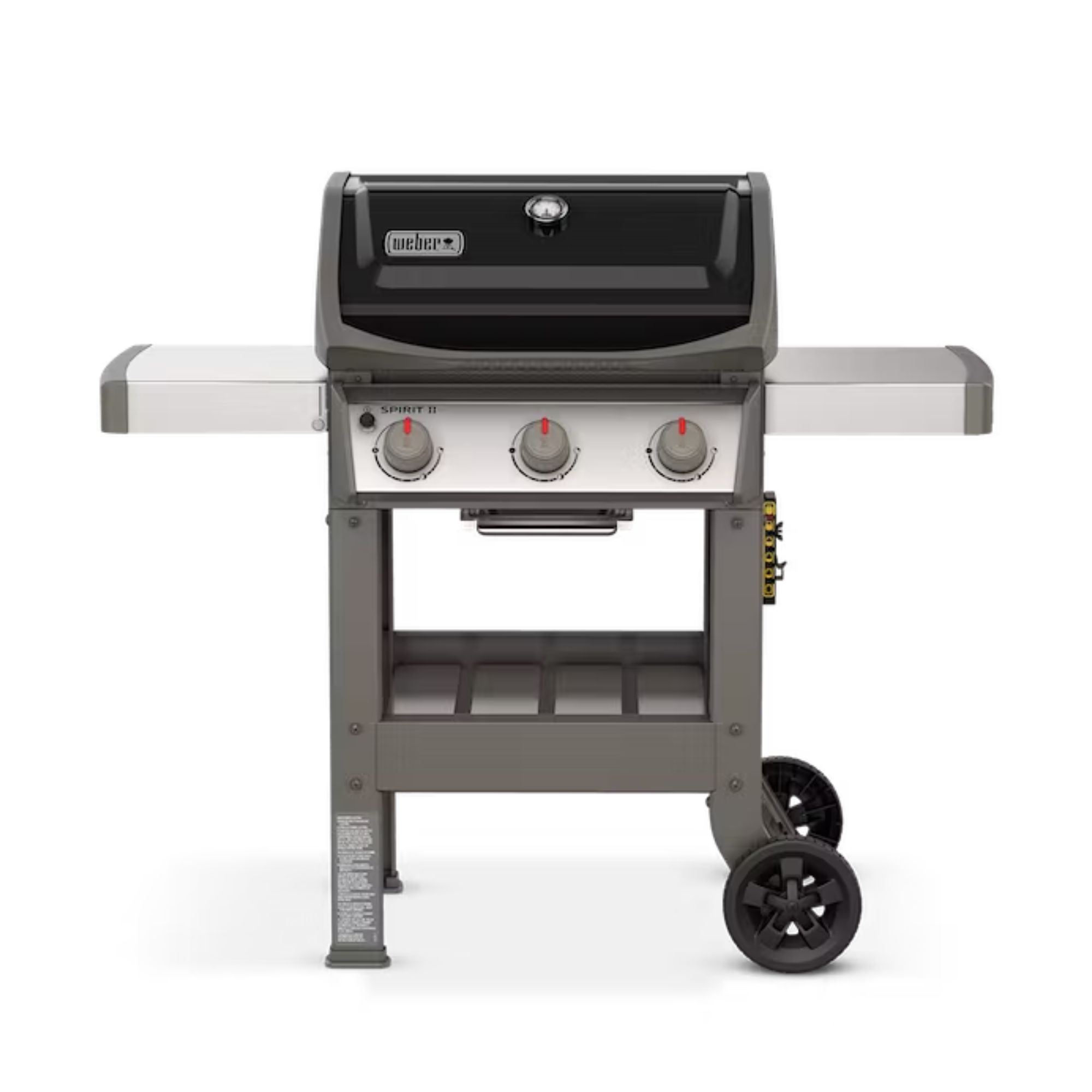
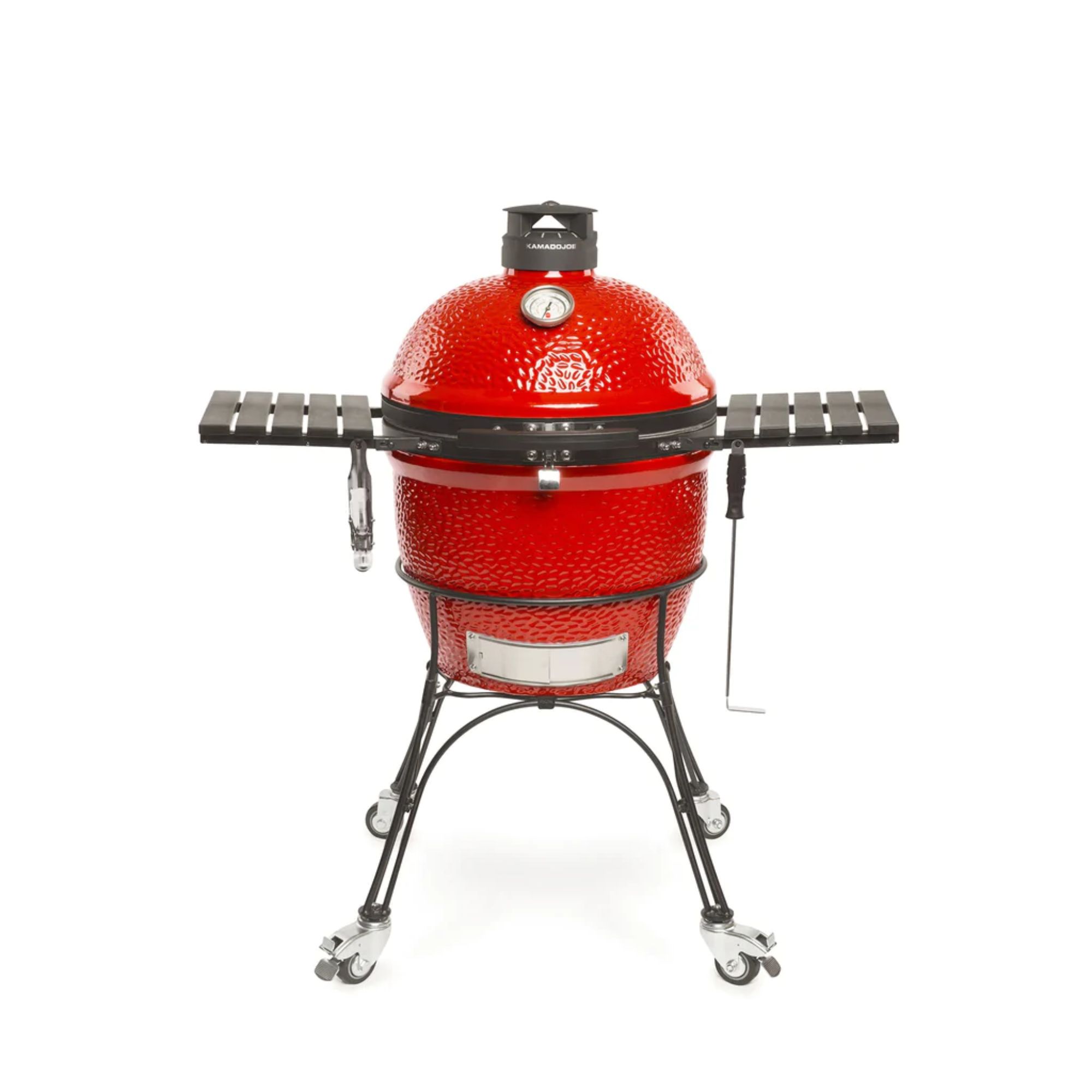
What if my grill doesn't have a lid?
If your grill doesn't have a lid, you won't be able to cook large cuts of meat. It's certainly possible in theory, but experience has taught me that the results will be at best dry and worst undercooked, with all of the potential health concerns.
However, for smaller items, aluminum foil is your new best friend. It won't be as effective, but you can wrap fish and smaller cuts of meat like chicken wings in aluminum foil to achieve some of the effect of closing the lid. However, it won't work as well. For example, if you're grilling a salmon there will be limited convection around the whole fish, but more than if you were to try and grill without any foil at all.
Grilling FAQs
What's the difference between indirect and direct heat?
In the context of a grill, direct heat is when you grill directly over a flame or hot coals; indirect heat is when you grill using residual heat near your ingredients. For example, you should grill a burger directly over hot coals. If you're grilling a whole chicken, however, you should light a fire at one end of the grill and cook the chicken at the other to stop it from burning.
For more advice about grills, take a look at my deep dive into the best wood for smoking, and my advice on how to make a grill non-stick







